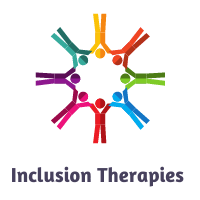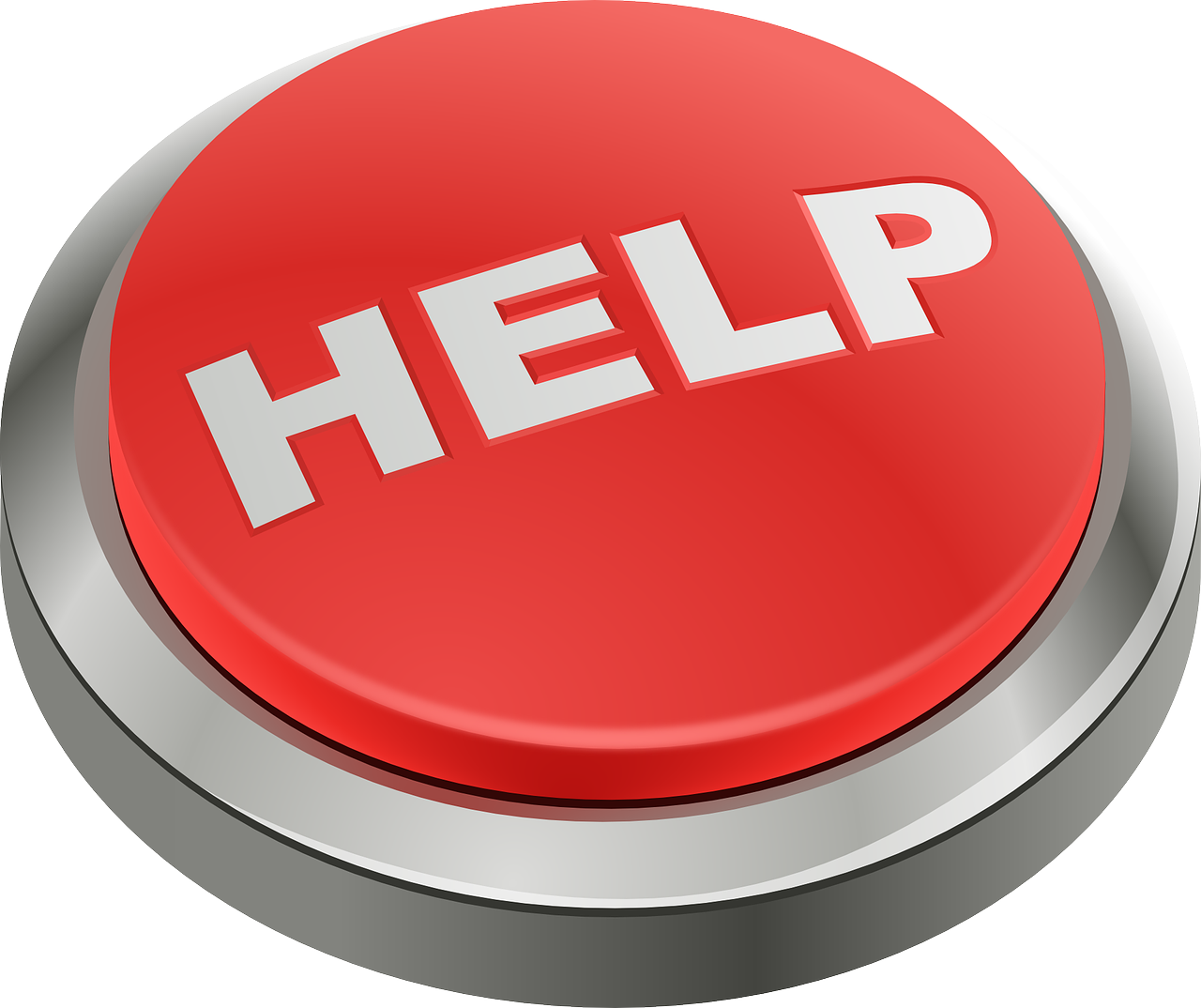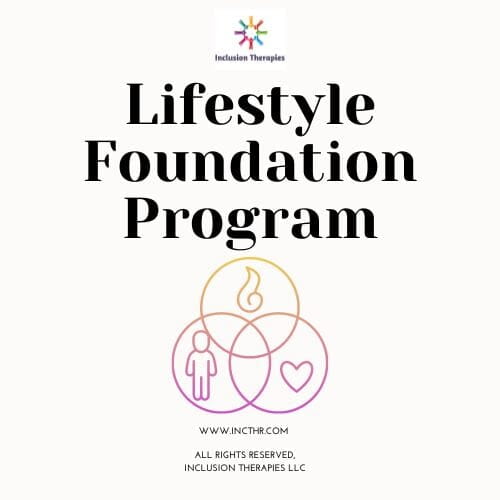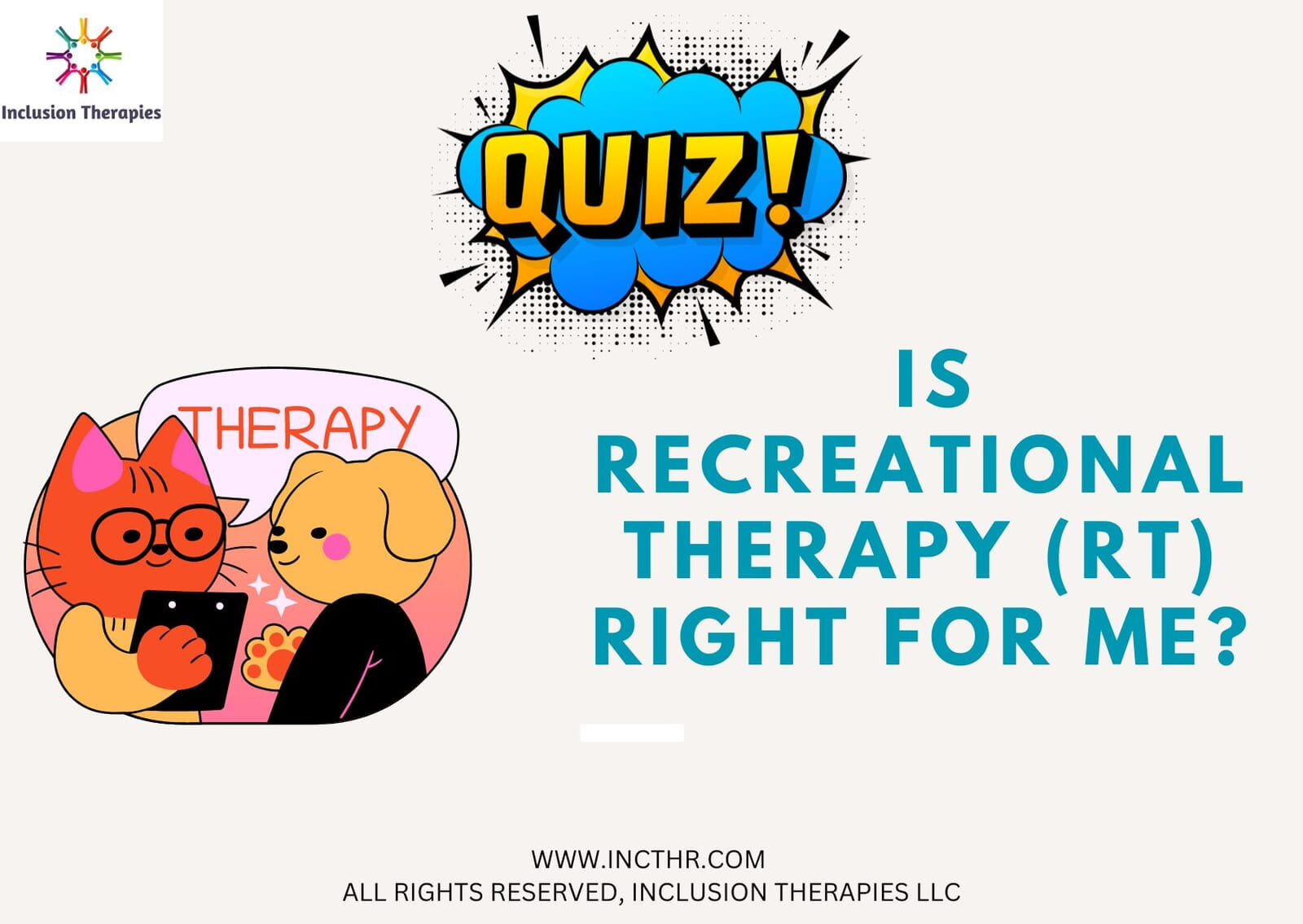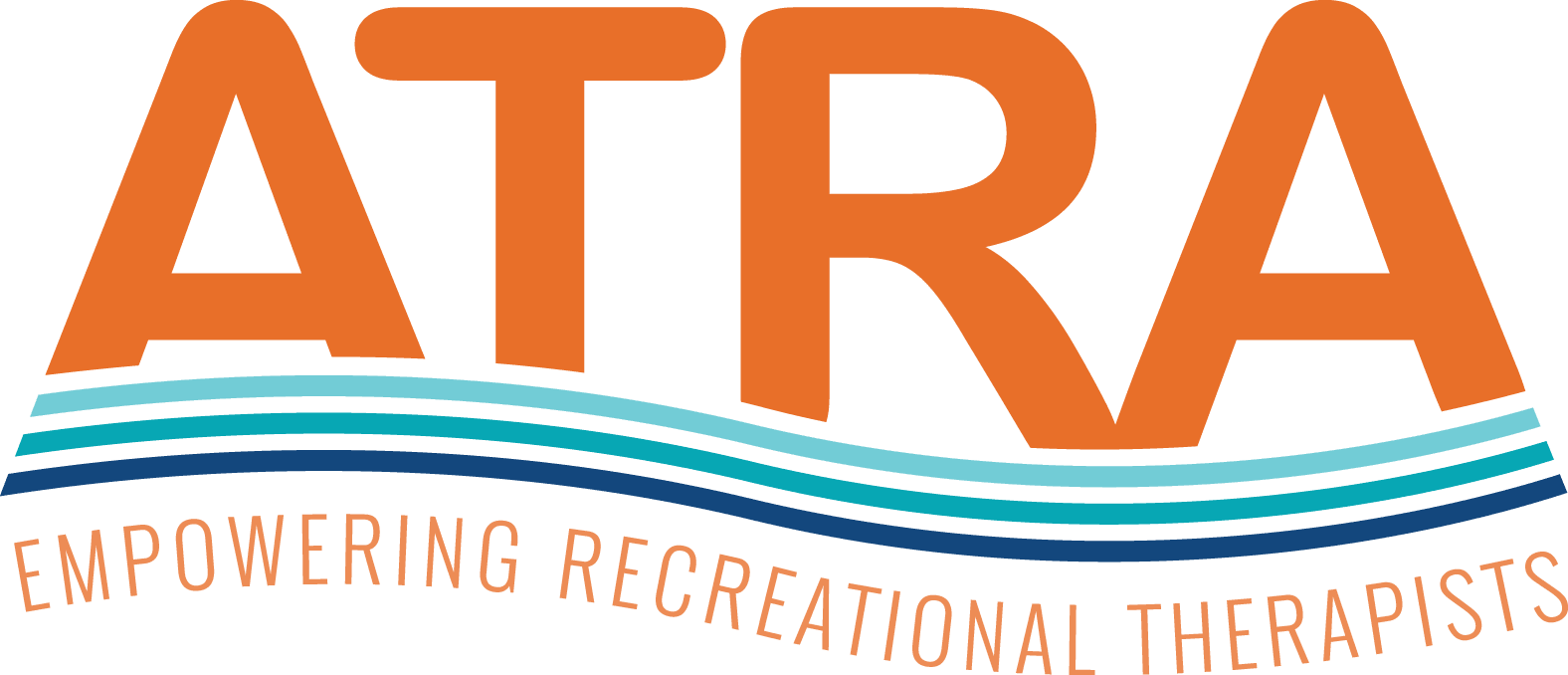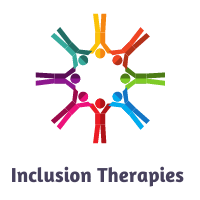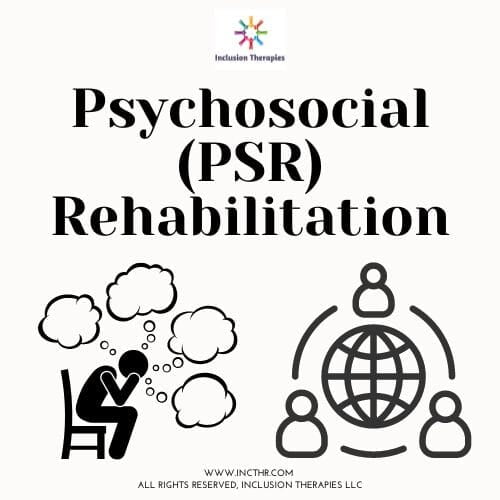
Recreational Therapy (RT) for
Psychosocial (PSR) Rehabilitation
To Start Recreational Therapy:
1. Sign up for membership (which includes automatic enrollment in the Lifestyle Foundation Program).
Psychosocial Rehabilitation (PSR)
for Mental & Behavioral Health
"Psychosocial rehabilitation (also termed psychiatric rehabilitation or PSR) promotes personal recovery,
successful community integration and satisfactory quality of life for persons who have a mental illness or mental health concern.
[...PSR] encourages people to be self-directed, empowered and to strive for independence."
- Canadian Mental Health Association
FACT SHEET:
Recreational Therapy and Behavioral Health
FAQ: Recreational Therapy (RT)
for Psychosocial Rehabilitation (PSR)
- National Alliance on Mental Illness
View Educational Video from Bern University of Applied Sciences in Bern, Switzerland
View Educational Video from British Red Cross on Psychosocial Support:
"Psychosocial rehabilitation helps people develop the social, emotional and intellectual skills they need in order to live happily with the smallest amount of professional assistance they can manage. Psychosocial rehabilitation uses two strategies for intervention: learning coping skills so that they are more successful handling a stressful environment and developing resources that reduce future stressors."
- National Alliance on Mental Illness (NAMI)
View Educational Video from The Hong Kong Polytechnic University Department of Rehabilitation Sciences:
"[W]hen therapeutic recreation was included as part of a social learning program, therapeutic recreation was found to increase appropriate behaviors over time for residents with severe and persistent schizophrenia (Pestle, Card & Menditto, 1998)" - American Psychological Association, Recovery to Practice (pg. 231)
View Educational Video from Oregon State Hospital (USA):
Recreational Therapy (RT) to Treat
Anxiety Disorders
From Johns Hopkis Medicine, "Know What NOT to Do
Typical responses to someone with anxiety are often unhelpful. Here are actions you should avoid:
Don’t Enable
It’s common to want to help your loved one avoid painful situations by going out of your way to eliminate the cause for concern. “On the surface, this seems really thoughtful and sweet,” says McGuire. “But anxiety doesn’t usually go away. Over time, if people continually avoid facing difficult situations, the anxiety grows and special requests for accommodations get bigger.”
If you continue to modify your behavior or the environment to accommodate your loved one’s anxiety, this can unintentionally enable the anxiety to persist and grow. Avoiding difficult situations doesn’t give your loved one the opportunity to overcome fears and learn how to master anxiety. Instead, it makes their world smaller as what they are able to do becomes more and more limited by their growing anxiety.
Don’t Force Confrontation
On the other hand, it’s also not good to force a person to do something they’re scared of. “Trying to push somebody who’s not ready can damage that relationship,” warns McGuire. Learning how to overcome deep apprehension is work best done in partnership with a professional therapist. This takes the burden off you. It also empowers your loved one by helping them face their fears one step at a time with guidance from somebody with experience."
"Overall, ecotherapy approaches were found to provide similar improvements in terms of short-term effects for depression as conventional psychotherapy. For anxiety disorders, there were also improvements[.]"
- Maria Rueff, Gerhard Reese, Depression and anxiety: A systematic review on comparing ecotherapy with cognitive behavioral therapy, Journal of Environmental Psychology, Volume 90, 2023, 102097, ISSN 0272-4944, https://doi.org/10.1016/j.jenvp.2023.102097
"An objective approach to managing mental health conditions such as Anxiety is through therapeutic recreation (TR) interventions. TR utilizes recreational activities and initiatives to improve and manage an individual’s physical, mental, and emotional well-being as well as facilitate an individual’s independence and self-determination."
- Cavanough, J., Alford, S., & Bennett, C. (2021). Therapeutic recreation treatments for anxiety disorders : an integrative review. Diversional & Recreation Therapy Australia Virtual National Conference 2021: Human Rights In Life And Leisure, 9-10 September 2021, 10-10. Retrieved from https://diversionaltherapy.org.au/Professional-Development/Conference/Conference-Abstracts
"Intervention with either recreational therapy or 3D ultrasound can prevent the development of mild and major depression and decrease anxiety disorders, and therefore has a positive effect on well-being during hospitalization[.]"
- Kuehnle, E.; Jungk, J.; Brodowski, L.; Kohls, F.; Hillemanns, P.; Staboulidou, I. Effects of Recreational Therapy and 3D Ultrasonography for High-Risk Pregnancies on Psychological Well-Being during Hospitalization and in the Puerperal Phase. J. Clin. Med. 2023, 12, 6228. https://doi.org/10.3390/jcm12196228
Recreational Therapy (RT) to Treat
Bipolar Disorder
"Recreation should be an integral part of psychosocial rehabilitation for clients with mental health disorders."
- - Jagannathan, A., Joseph, M., Achukatla, S. et al. Recreation for Psychosocial Rehabilitation of Clients with Mental Health Disorders: A Retropective Review. J. Psychosoc. Rehabil. Ment. Health 9, 329–333 (2022). https://doi.org/10.1007/s40737-021-00247-3
Educational Video, Enhancing Lives: Seeing People as People Through Recreational Therapy
Recreational Therapy (RT) to Treat
Depression
"With regard to depression, ecotherapyseems to represent a viable alternative and addition to CBT approaches."
- Maria Rueff, Gerhard Reese, Depression and anxiety: A systematic review on comparing ecotherapy with cognitive behavioral therapy, Journal of Environmental Psychology, Volume 90, 2023, 102097, ISSN 0272-4944, https://doi.org/10.1016/j.jenvp.2023.102097
"There were positive findings that RT is effective in improving geriatric depression."
- A Systematic Review of Recreation Therapy for Depression in Older Adults
"The recreation therapist is an expert in helping people, in very concrete ways, get back to their life and those things they enjoy, to help them function and get around in the community in a way that’s more independent, which can also help with depression."
- BrainLine, a national service of WETA-TV, PBS station in Washington, D.C., featuring Chuck Bombardier, Ph.D.,
Professor, Dept. of Rehabilitation Medicine, University of Washington
Educational Video, Why I am a recreational therapist, (from Temple University College of Public Health):
Recreational Therapy (RT) to Treat
Post-Traumatic Stress Disorder (PTSD)
"Complex trauma (hereafter referred to as C-PTSD) differs from PTSD; PTSD can be diagnosed after a single traumatic event, while C-PTSD involves severe and pervasive traumatic events that occur early in life.[...] Because recreation and leisure is often a context where identity is formed, recreational therapists are in a position to holistically approach the treatment of C-PTSD using leisure and recreation to strengthen people’s sense of self as well as their sense of belonging to particular groups."
- American Journal of Recreation Therapy
"[R]ecreational therapy interventions are effective in reducing symptoms of PTSD in children after natural disasters."
- Reducing Symptoms of Posttraumatic Stress in Children After a Natural Disaster: a Recreational Therapy Intervention
Educational Video,
VA rec therapy helped this IED blast survivor cope with PTSD and find his calling.
(from U.S. Dept. of Veterans Affairs):
Recreational Therapy (RT) to Treat
Social Anxiety Disorder
(SAD, also known as Social Phobia)
"Social anxiety disorder, also referred to as social phobia, is characterised by an intense fear in social situations that results in considerable distress and in turn impacts on a person's ability to function effectively in aspects of their daily life. Central to the disorder is a fear of being judged by others and of being embarrassed or humiliated. This leads to the avoidance of a number of social situations and often impacts significantly on educational and vocational performance. The fears can be triggered by the actual or imagined scrutiny from others. [...]
A specific phobia is an unwarranted, extreme and persistent fear of a specific object or situation that is out of proportion to the actual danger or threat."
- National Collaborating Centre for Mental Health (UK). Common Mental Health Disorders: Identification and Pathways to Care. Leicester (UK): British Psychological Society (UK); 2011. (NICE Clinical Guidelines, No. 123.) 2, COMMON MENTAL HEALTH DISORDERS. Available from: https://www.ncbi.nlm.nih.gov/books/NBK92254/
"[R]ecreational activities found to eliminate the symptoms of social phobia and shyness."
- Karagün E, Yildiz M, Çağlayan Ç, Başaran Z. Sixth-year follow-up of the effects of recreational activities found to eliminate the symptoms of social phobia and shyness. International Journal of Social Psychiatry. 2020;66(6):553-559. doi:10.1177/0020764020924702
"[S]ocial skills training (SST), has also been shown to be efficacious for SAD."
- RJames D. Herbert, Brandon A. Gaudiano, Alyssa A. Rheingold, Valerie H. Myers, Kristy Dalrymple, Elizabeth M. Nolan, Social skills training augments the effectiveness of cognitive behavioral group therapy for social anxiety disorder, Behavior Therapy, Volume 36, Issue 2, 2005, Pages 125-138, ISSN 0005-7894, https://doi.org/10.1016/S0005-7894(05)80061-9 (https://www.sciencedirect.com/science/article/pii/S0005789405800619)
Educational Video,
Social Anxiety Disorder in Adults
(Dr. Richard Heimberg from Temple University for
The Andrew Kukes Foundation for Social Anxiety (AKFSA) and Anxiety & Depression Association of America (ADAA)):
- Add minor children under 18 for an additional $49 per month per child (to share one membership together).
- Add adults over 18 for an additional $99 per month per adult (to share one membership together).
All New Members are Enrolled in our Lifestyle Foundation Program
The program is 2-6 months (based on client goals and plan) and is paid via monthly membership subscription.
Members may pause or cancel membership subscription at any time
(cancellation effective at the conclusion of their current prepaid month).
"Health care extends beyond pills and medical devices."
- Baker, D. L., & Dye, C. (2017). Prescribing Experience: Discussion of Recreational Therapy as Health Care. Journal of Disability & Religion, 21(3), 296–318. https://doi.org/10.1080/23312521.2017.1326875
